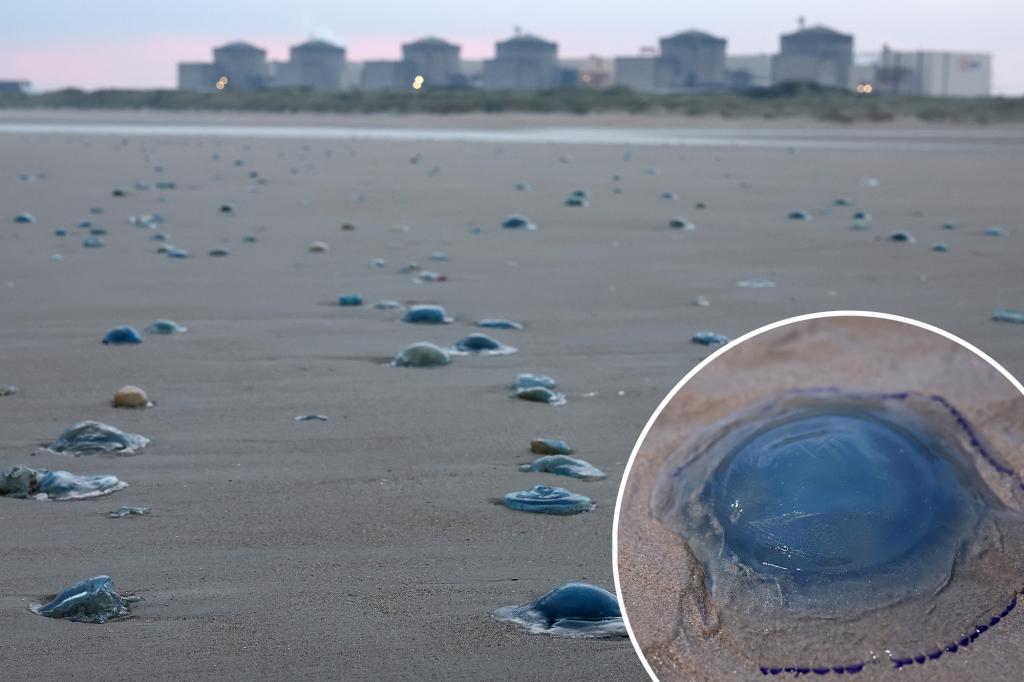Summarize and humanize this content to 2000 words in 6 paragraphs in English
Four reactors at France’s Gravelines nuclear power plant, located along the English Channel, were temporarily shut down over the weekend after a swarm of jellyfish threatened to clog critical water intake systems.
According to the plant’s operator, several of the facility’s production units went offline after jellyfish were detected in the filter drums of the plant’s pumping stations.
The French multinational electric utility company said the pumping stations, located in the non-nuclear section of the site, supply cooling water essential for the facility’s operation.
“They had no impact on the safety of the facilities, the safety of personnel, or the environment,” EDF said in a statement.
The Gravelines nuclear power plant is one of the largest nuclear facilities in Western Europe and has been connected to the grid since the 1980s.
The impacts of jellyfish on coastal power plants is not without precedent, as there have been similar incidents reported around the globe during the summer months.
Along the English Channel, jellyfish sightings are frequent and can occasionally result in beach closures due to safety concerns for swimmers.
Much of the North Sea and Mediterranean Sea have experienced above-average water temperatures this year, fueling extensive heat waves and creating more favorable conditions for jellyfish.
Previous studies have suggested warmer seas can also accelerate jellyfish breeding cycles, increasing the likelihood of large swarms.
In June, several French nuclear reactors reduced output to limit the amount of discharge into waterways because of record-breaking sea surface temperatures.
The country’s regulations require operators to avoid releasing waste, as overheated water can harm aquatic life.
Warm water is known to place additional stress on marine species, lower oxygen levels and disrupt sensitive ecosystems.
Despite the recent interruptions at the Gravelines plant, France has not reported issues meeting the demand for electricity.
According to the World Nuclear Association, the country generates about 70% of its electricity from nuclear energy and frequently exports surplus power to neighboring nations.
EDF said plant teams remain mobilized and are conducting diagnostics and technical interventions to clear the intake systems and safely restart the affected units.
The utility did not say when it expects to have the reactors back online to generate power for the grid.















